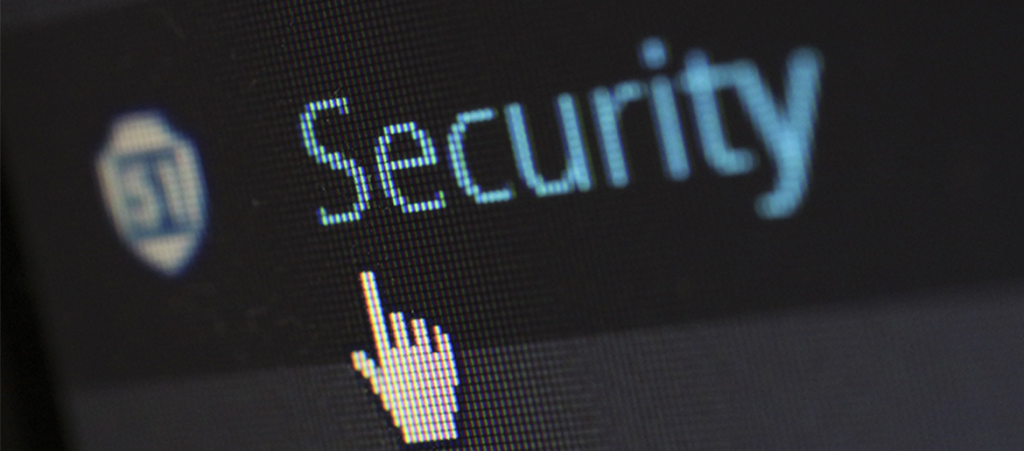
The Government has just passed a controversial Bill that critics say will seriously restrict your digital freedoms. After the Online Safety Bill was introduced on 24 February, it’s quickly passed through Parliament – despite serious concerns and loud community dissent about the powers it contains. If you’re only just catching up with this story, reason on for the basics on what the Online Safety Bill is, and why people are so worried.
What’s in the Bill?
Broadly, the proposed Bill will expand the powers of the eSafety Commissioner – a role you probably didn’t know existed. The eSafety Commissioner is a Government-appointed role responsible for protecting the safety of Australians online. It deals with issues around cyber-bullying, illegal or harmful online content, and ‘image-based abuse’, and has the power to demand that Internet companies remove that type of content.
The new Bill is expanding the powers of the eSafety Commissioner to handle complaints about and request the removal of five types of content:
- Cyber-bullying content (aimed at kids)
- Cyber-abuse content (content aimed at adults intended to cause serious harm)
- Non-consensual intimate images (i.e.: revenge porn)
- Class 1 and Class 2 ‘harmful’ material to be regulated under the Online Content Scheme
- Content of violent or abhorrent conduct
It would also allow the eSafety Commissioner to set an industry wide standard for ‘Basic Online Safety Expectations’, and force all platforms and providers to comply with those standards.
The eSafety Commissioner: pic.twitter.com/NoHnygVyrY
— Samantha Floreani (@samfloreani) February 12, 2021
What are people concerned about in the Online Safety Act?
The regulation of the first three content types – cyber-bullying, cyber-abuse and non-consensual images – are seen as positive changes. But concerns about the Bill focus on three key points:
1. Definitions of harmful content are too broad
Harmful material under Online Content Scheme is broken into two categories: Class 1 and 2.
Both are defined in relation to the National Classification Code, which is used for rating movies, video games, etc.
Class 1 material is anything that would be refused classification because it is “against the standards of morality, decency and propriety generally accepted by reasonable adults”.
Class 2 material is anything that would be classified as X18+ or R18+. In the code’s words, X-rated content is anything “contain[ing] real depictions of actual sexual activity between consenting adults”. R-rated content is anything that’s unsuitable for a minor to see.
By using those very broad definitions, if passed the Online Safety Bill would give the eSafety Commissioner the power to remove all sexual content. That covers pornography (even the most vanilla kind), the online sex industry (e.g.: Only Fans), sex-positive education and activism.
Even the regulation of ‘abhorrent and violent content’ could be misapplied. Think of the videos of George Floyd and Ahmaud Arbery’s deaths, or of the police officer who assaulted an Indigenous teen – these were circulated widely as calls to action and proof of abuses of power. By removing this content the Act could prevent us from exposing important human rights issues.
2. It doesn’t care about your privacy
Digital Rights Watch (DRW) points out that one section of the Bill allows the Commissioner to ask social media platforms or ‘relevant’ digital service providers to hand over the identity of individual users, if requested.
That means anything in your DMs, emails, SMS or chat messages is up for grabs, even on encrypted services like WhatsApp. While this clause has been included to help with investigation child sex abuse, DRW claims there is no evidence that digital encryption increase the risk of harm to children. It’s a criticism shared by providers including Facebook, Twitter and Twitch.
Gizmodo also reported that the Bill suggests that facial recognition or fingerprint scans be used to grant access to porn. Do we need to point out why that’s a bad idea?
3. The appeals process is inadequate
On top of that, the only appeals processes outlined in the Bill is via the court system. So if someone feels they have wrongfully been issued a notice to remove content, it could be a very long, costly process to have this overturned – even if the content hasn’t breached any rules. A faster, more accessible appeals process should be included.
Related Posts
Why does the Government think we need the Act?
It’s worth pointing out the very valid reasons why the Online Safety Act was drafted.
On top of the crackdown on cyber-bullying, abuse and revenge porn, the Act is intended to stop the sharing of genuinely dangerous and traumatising material we’ve seen in the last few years, including:
- The livestream of the Australian terrorist who murdered 51 people at a mosque in Christchurch, NZ (2019)
- The livestream of a man committing suicide, which continued to circulate on TikTok long after the original video was removed (2020)
Laws that help tech companies and Government agencies block or remove this type of content faster are incredibly important, as digital algorithms have been proven to amplify controversial content.
Hey remember the Department of Home Affairs proposal to need a face scan before you looked at porn?
— CAMERONWILSON (@cameronwilson) March 8, 2021
Well, an under covered part of the Online Safety Bill is that it gives the power to the eSafety Commissioner to unilaterally implement that https://t.co/bIfx7reBjM
Is the Bill likely to become law?
UPDATE: Yep, the Bill has now passed both Houses of Parliament. All that’s left is for the laws to be given royal assent (basically a formality) and will officially come into effect six months after that date (around the end of 2021).
Even with all these very valid concerns, the Bill is pretty much guaranteed to become an Act. The Senate passed the Bill with no changes; the House of Representatives has requested some minor changes, but will pass it too. The changes are to ensure the eSafety Commissioner transparently reports on how it uses its powers.
The Bill was only introduced on February 24 and has effectively been ‘rushed’ through Parliament, with no attempt to address any of the issues raised by tech companies, sex worker advocacy groups, human rights groups, or the wider community.








